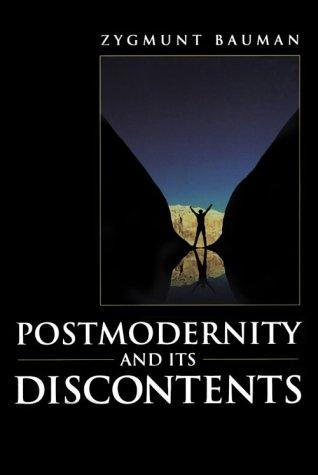Most democratic political systems move today from the parliamentary or party rule models towards the model of ‘opinion poll rule’, where the composition of political platforms and the making of decisions on controversial issues are guided by the advance consideration of the relative popularity of the intended move and careful calculation of the anticipated electoral gains and losses – the number of votes a given measure may attract and the number of electors it may repel. As has been noted by political scientists, this attitude leads in practice to the rule of the ‘median voter’ principle: no measure is likely to be undertaken by the government of the country which is not seen as being ‘in the interest’ of at least half the voters plus one … With the demise of the welfare state as all-inclusive, universal entitlement to collective insurance, and its replacement with a model of administered charity for the minority who fail the ‘means test’ (that is, are certified as ‘subnormal’), the chance of the ‘median voter’ approving of the larger welfare provision (now experienced by him first and foremost as an increased burden of taxation) has shrunk radically.

